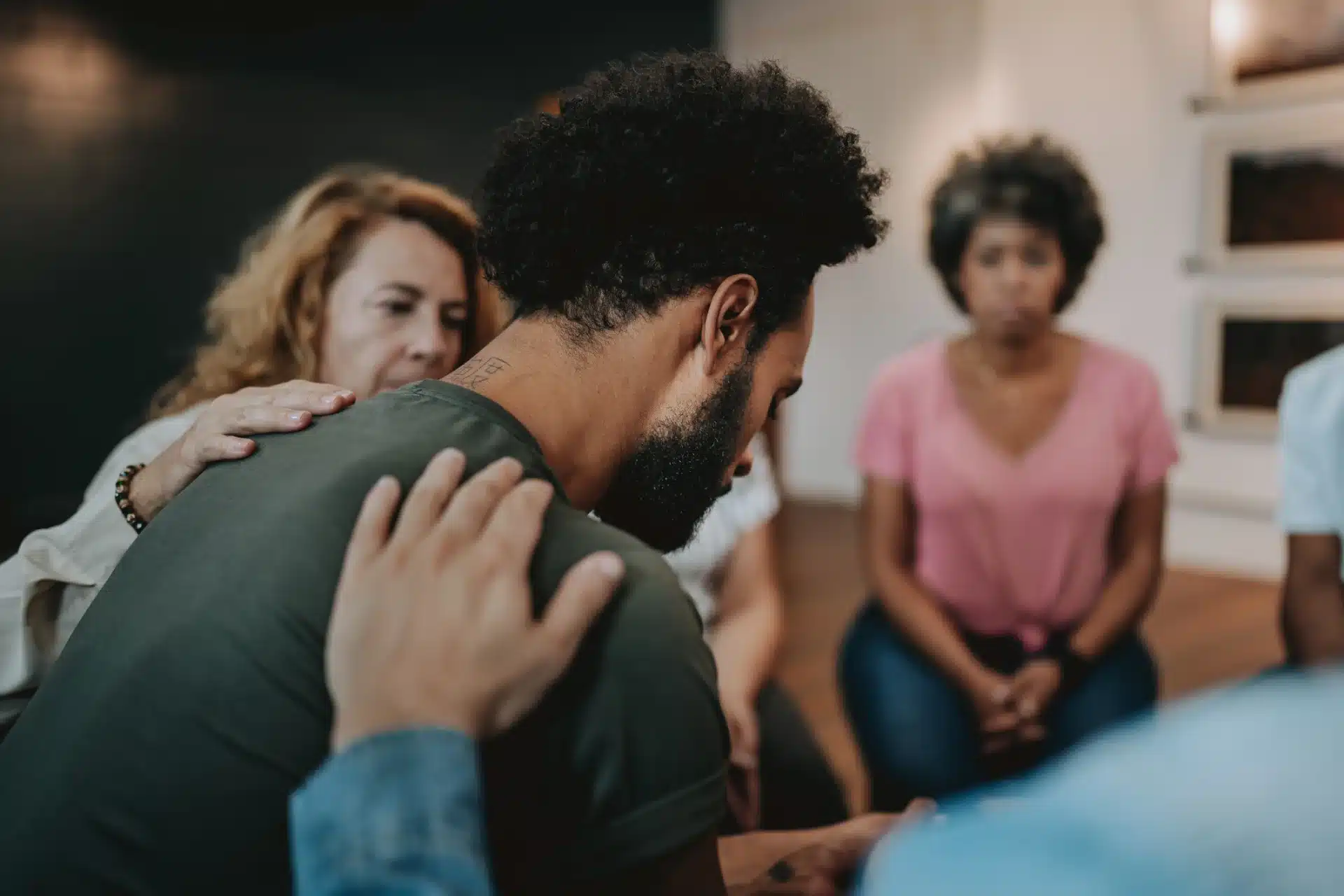
Emotional Trauma
Start living with greater peace and resilience.
Healing Emotional Trauma in a Safe, Supportive Space
At our emotional trauma treatment centers, we provide a safe and supportive environment to help you heal. Our programs are designed to guide you through processing emotional trauma and rediscovering your sense of self.
Treating the Root of Trauma
Trauma can stem from a single event or a series of traumatic events that are repeated over a period of time, causing individuals to suffer overwhelming, painful, frightening, or loathing emotions. Experiencing trauma during childhood while the brain is still developing can have severe and long-lasting effects that – if left untreated – can carry over into adulthood. The Meadows is dedicated to treating the root of trauma, helping individuals achieve lasting recovery and reclaim their lives.
About 6 of every 10 men experience at least one trauma in their lives.
About 5 of every 10 women experience at least one trauma in their lives.
Personalized Care for Deep Emotional Healing
We create personalized treatment plans tailored to your unique experience of emotional trauma, using proven strategies that work best for your healing process. Our whole-person approach addresses both the immediate emotional distress and the deeper unresolved pain.

Emotional Trauma Treatment Options
Inpatient Emotional Trauma Treatment
Our inpatient emotional trauma treatment centers provide structured care and daily support, offering a safe space to heal away from daily stressors.
Outpatient Emotional Trauma Treatment
Keep up with your regular life while getting the help you need to overcome co-dependency with flexible sessions that provide strong support.
Intensive Trauma Treatment Workshops
Our five-day intensive trauma workshops offer in-depth guidance and practical tools to help you heal emotional wounds. These sessions equip you to manage the long-term effects of trauma and regain control over your emotional well-being.
How We Treat
Brain Center
Our Brain Center uses advanced tools to support brain function, essential for processing emotional trauma. These tools help reduce emotional distress and improve your ability to cope with the challenges that arise from unresolved trauma.
Types of Therapy
Each emotional trauma treatment program includes various therapies that address your unique needs. This comprehensive approach promotes emotional healing and equips you with the confidence to manage trauma-related challenges more effectively.
The Meadows Model
Each emotional trauma treatment plan includes various therapies that address your unique needs. This comprehensive approach promotes emotional healing and equips you with the confidence to manage trauma-related challenges more effectively.
I highly recommend the Meadows for mental health and trauma treatment. If you are ready to make a change in your life, this is the place to be!
Andrea
MBH Alumni

Feel Secure and Supported in Your Healing
You can overcome emotional trauma and find peace. We’re here to help you every step of the way. Contact our admissions team to explore the right emotional trauma treatment center for you.